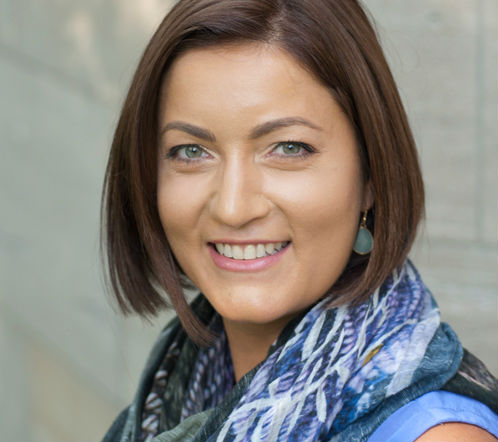Award-winning journalist and author taking over hosting duties for Season 2
18 January 2017 (Ottawa) – Canada 2020 is proud to announce that award-winning journalist and best-selling author Susan Delacourt will be the next host of its Brief Remarks podcast.
Susan takes over hosting duties from Jennifer Robson and Rob Silver, who helped the show debut as one of the most-listened to Canadian political podcasts. Jen and Rob will remain involved as regular guests and contributors to the show. You can listen to the three hosts discuss the change on today’s episode, starting at 40:20.
“I’ve been urging people to listen to Brief Remarks since it launched last fall,” said Susan Delacourt. “It offers great, often-unexpected insights into how politics and government really work. So when I was asked to follow in the trail blazed by Jennifer and Rob, I was delighted. It’s a chance to do political journalism in a different way, and the coming months promise to give us lots more to discuss.”
Susan Delacourt is one of Canada’s best-known political journalists. Over her long career she has worked at the country’s top newsrooms, including the Toronto Star, The Globe and Mail, the Ottawa Citizen and the National Post. She is a frequent political panelist on CBC Radio and CTV. Author of four books, her latest — Shopping For Votes — was a finalist for the prestigious Hilary Weston Writers’ Trust Prize for Canadian non-fiction in 2014.
“Susan Delacourt is an inspired choice as host,” said Jennifer Robson. “She’s going to have smart conversations about Canadian politics and I’m keen to be part of that. I’m going to be listening to Season 2 while I get back to a bunch of research and writing projects.”
Every week, Brief Remarks reveals the behind-the-scenes world of federal politics in Canada. Fun, fast and largely factual, Susan and a host of regular guests and contributors introduce the people who make decisions in Canada – as well as those who influence the decision makers. Some of them you know, others you should get to know.
New episodes are released every Wednesday afternoon. The Brief Remarks podcast is available on iTunes, Google Play, Stitcher, SoundCloud and Canada2020.ca.
###


